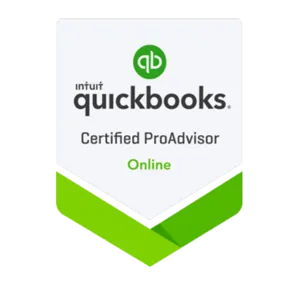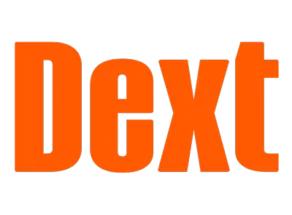OUR BLOG
Your hub for insightful and actionable content to help you unlock the potential of your business.

5 Questions to Ask Yourself When Considering Moving Your Bookkeeping In-house
We hear this question often from business owners “When should I move my books in-house?”. Our answer to this question varies depending on who the client is and what their bookkeeping needs are.
We may recommend outsourcing, hiring in-house or a hybrid model. It really depends on your needs and an understanding of the areas of workload you want to be completed. Admin tasks and support are different than a specialized bookkeeper. Do you need inventory tracking? Advanced payroll? It all factors into the decision, and we know it is a tough decision, so we put together some questions to help guide you through the decision-making process:
1. What is the actual cost of hiring an in-house bookkeeper?
Hiring anyone is not a low-cost venture. When you hire someone, you have expenses attached to the decision, such as payroll, insurance, holiday pay, training (continual), office space, computer hardware and software, and more.
Beyond the financial expense of hiring, there is also a time cost. Between creating the job post to interviews and onboarding, the time cost to your organization can be high. You must consider if the loss of time on other tasks is worth the result.
2. Do you want to worry about bookkeeping?
Many small business owners keep their books themselves to save money early on in the business. However, the cost of doing your books is exponentially higher than outsourcing or hiring in-house. You are effectively limiting your billable hours and taking the focus off what you are good at, building your business.
Maybe you have been keeping your books and have decided now is the time to hire someone internally to take them over. You should consider if you would see more value in hiring a new production staff or salesperson. Production staff and salespeople will create an income for your business, impacting your bottom line, whereas a bookkeeper is a 100% overhead cost.
Wouldn’t you prefer to get clear and accurate reporting when you require it and leave the technicalities of the bookkeeping to the professionals?
3. Are your needs significant enough?
Generally, in business, the workload for a bookkeeper comes and goes with payroll, month-end and year-end demands. There may be times when you do have 40 hours a week worth of work for your new bookkeeper, but what happens during the slow periods?
Don’t get us wrong. Some businesses have a steady 40 hours weekly for an admin staff or data entry clerk. For example, if many of your business transactions continue to be on paper. If so, this may be an excellent time to consider hiring administrative staff to take care of the daily data entry created by the paperwork. However, you must consider if you want them to be privy to the company’s financial information.
4. Who will review their work for accuracy?
You are an expert in your area of business, not bookkeeping. Considering that you are not a bookkeeping expert, how will you know if someone is qualified or their performance meets industry standards? Even if you use an external accounting firm for your year-end, you don’t want to wait that long to find out your books are wrong. Waiting will result in a higher bill from your accounting firm, negating any savings you had from hiring in-house.
Not to mention the need for the knowledge of new tax deductions and programs available for financing, something an external firm will have. No one ever wants to miss a tax break or beneficial program.
5. Can an external firm get things done quicker?
Finances are complicated, so you are looking to outsource or hire an expert. Finances and bookkeeping require multi-facets of knowledge, and a data entry clerk and a CFO are vastly different levels of expertise and qualifications. Using a junior employee to fill some or all bookkeeping roles could create a lower quality of work that may take longer to produce.
An external bookkeeping firm should have the knowledge and experience to complete tasks quickly, advise you on business efficiencies and will be able to scale rapidly when your business experiences high growth.
The Hybrid Solution
As mentioned at the beginning of this article, when a client experiences growth, we may recommend a hybrid solution for their books and administrative tasks. This solution may include hiring a data entry or junior bookkeeper in-house and continuing to outsource specialized bookkeeping and advisory needs. This solution allows you the security of knowing that your books are accurate, you have a team ready to scale with your growth, and you have help when you need it to make financial decisions.
If you are still unsure of the best solution for your business, let’s chat. Let us be your co-pilot who guides you in navigating your way through the challenges and helps you reach your desired destination.






